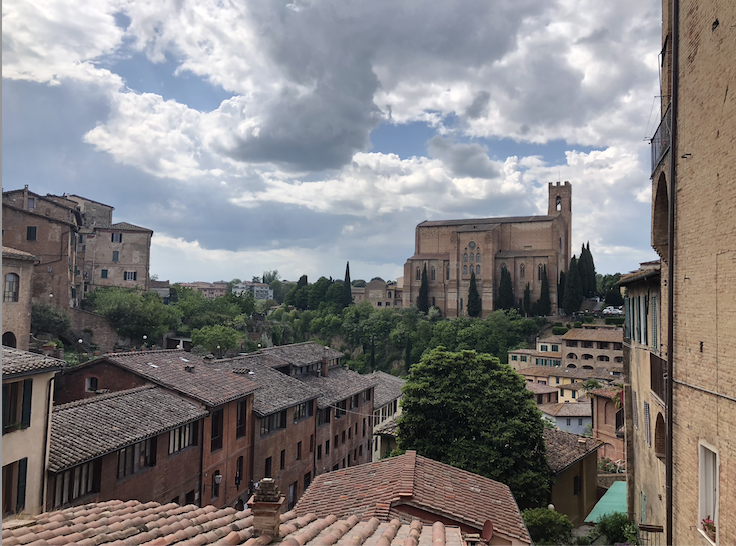When I first arrived, I realized that the difference between vocabulary used in class and what is used on a day-to-day basis in real conversation don’t perfectly overlap. Needing to find the word for different cooking utensils, directions, etc. were vocabulary we covered but not practiced repeatedly was a struggle. Additionally, the imperative tense is used very infrequently in an academic setting but in daily conversations it is used every other sentence.
Additionally, I had never realized that the phrases used by my professors weren’t just indirect translations, instead, they were active parts of native speaker’s day-to-day. For instance, “Dimmi!”, meaning “tell me,” is a staple of an Italian conversation. While the direct translation continues to sound demanding and rude to my ears, Italians use it in the same way as “yeah what’s up?” when someone addresses you by name. Every person I have met uses dimmi, and while I will need to intentionally think to use it, I will be trying to integrate this more and more into my Italian.
Furthermore, people use the word “Vabbé” constantly. Meaning something close to “oh well,” it is a slang from the phrase “Va bene” and has now turned into an active part of their vocabulary. This is something I have begun to say, even muttering to myself when alone. Knowing how the word was created makes me appreciate it, and using this and other small phrases repeatedly throughout the day helps keep me into an Italian mindset.
